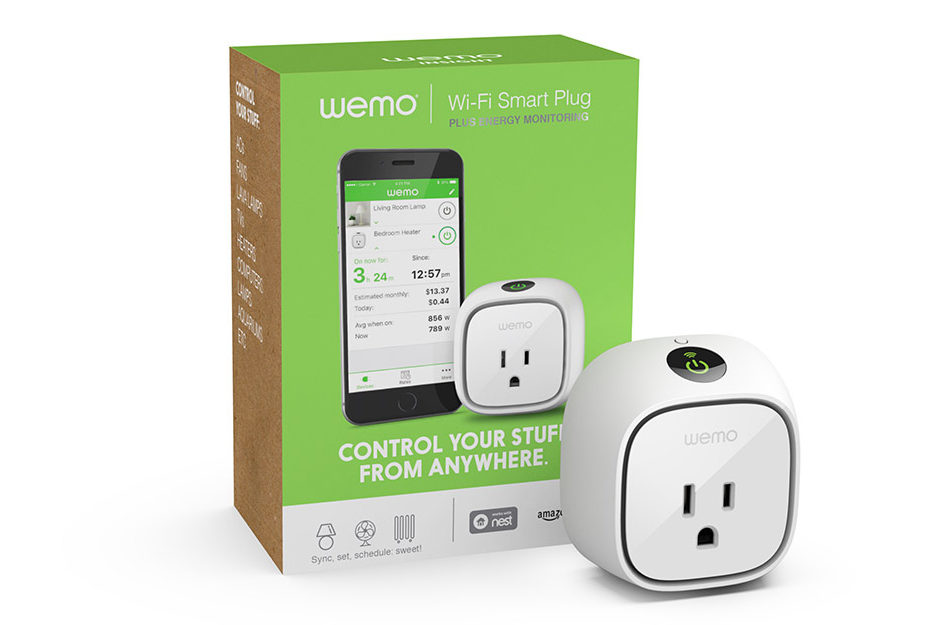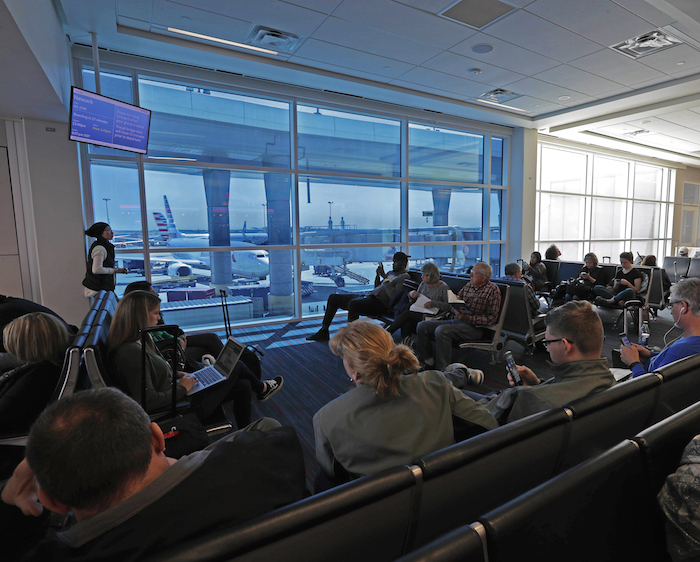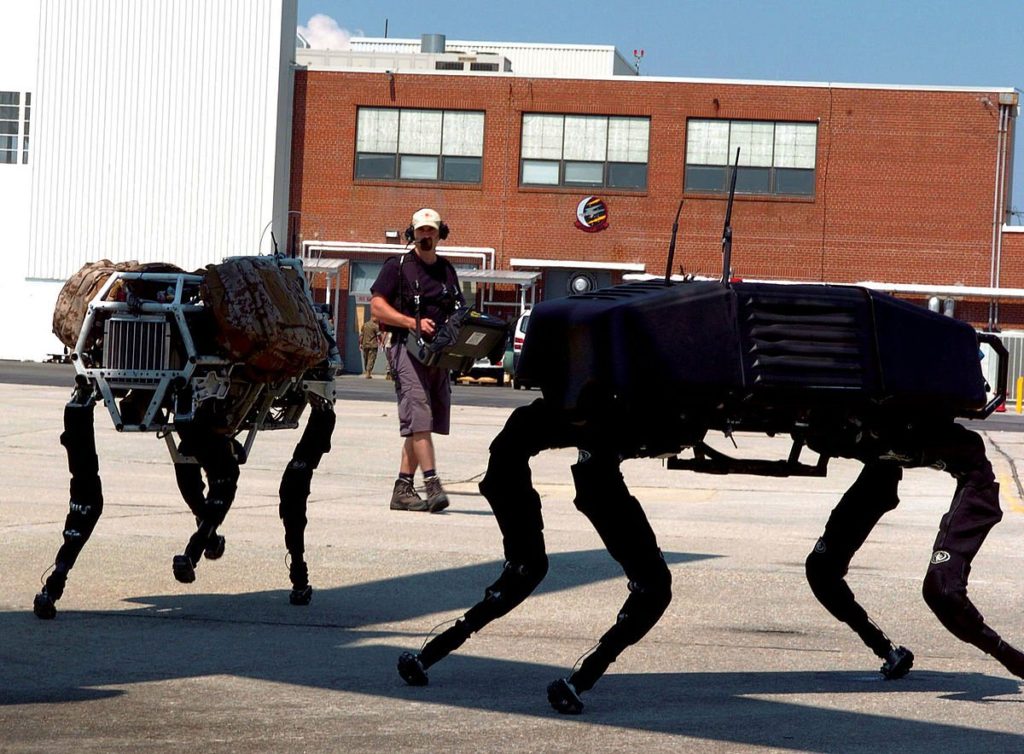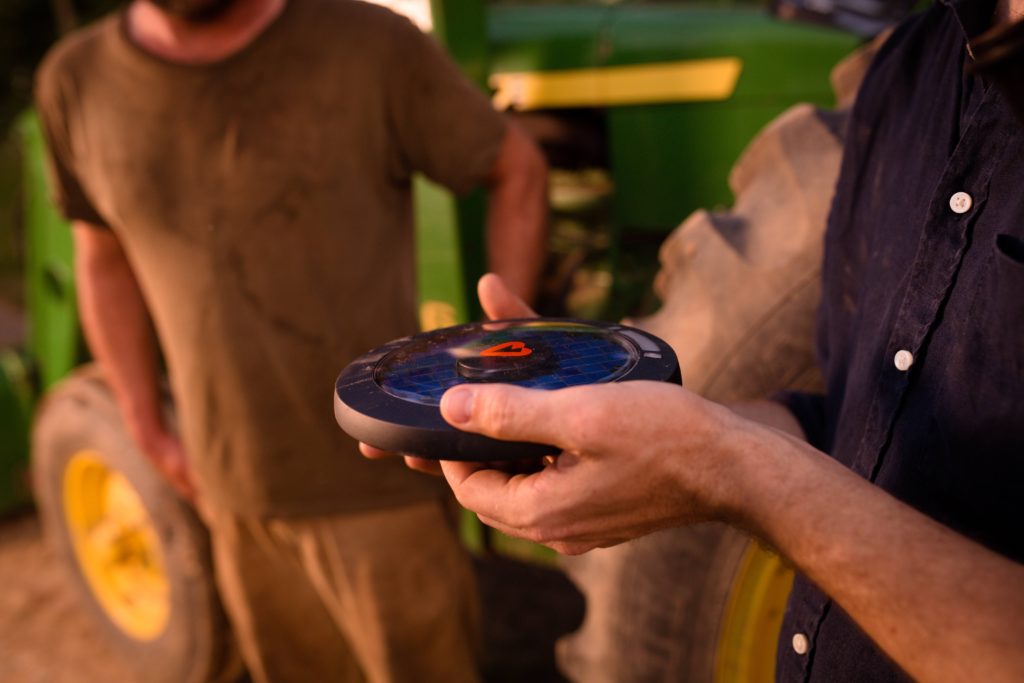This week’s show starts off with Wink’s new pricing plan (although it feels less like a plan and more like watching a toddler trying to chase a soccer ball.) After that, we talk about Wemo’s decision to address a known security issue by pushing users to create accounts, We also discuss the future of remote work and augmented reality as filtered through an industrial lens and as planned by Mark Zuckerberg. In other news, SoftBank is trying to sell industrial IoT software company OSISoft, while NXP has a new CEO. Professional smart home provider Savant says it will acquire GE’s Lighting biz, and we have thoughts. Plus, Kevin actually reviews a few GE smart bulbs. We close by answering a question about what to use instead of Wink.

This week’s guest is Vahid Manian, the COO of Morse Micro, a company building a radio chip for Wi-Fi HaLow. If you are unfamiliar with the standard, that’s because after the Wi-Fi Alliance launched it in 2017, no one got excited about the so-called Wi-Fi for IoT. So far, I can’t think of a single company pushing forward with Wi-Fi HaLow devices or silicon, outside of Morse Micro. But Manian explains what Wi-Fi HaLow is good for, and why we might see it used for sending video over longer distances. I don’t know if I’m sold, but he says we can expect some devices using the tech in the middle of next year, so I’m willing to wait and see. Enjoy the show.
Hosts: Stacey Higginbotham and Kevin Tofel
Guest: Vahid Manian, the COO of Morse Micro
Sponsors: Calix and Edge Impulse
- My dysfunctional relationship with Wink
- AR for work can be smart, but shouldn’t be surveillance
- Why Savant is buying GE Lighting and GE is selling
- What the heck is Wi-Fi HaLow?
- How many versions of Wi-Fi do we need?
Podcast: Play in new window | Download | Embed
Subscribe: RSS



